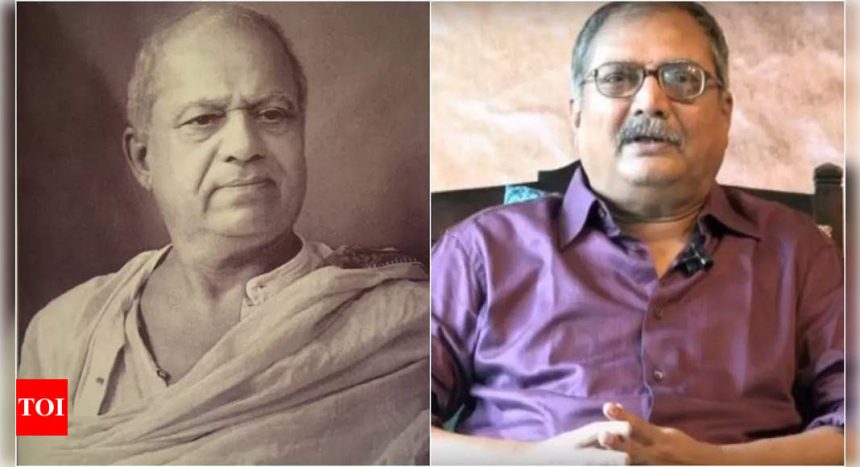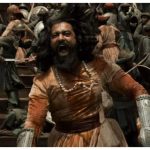On the 81st Memorial Day (February 16) of Dadasaheb Phalke, his grandnephew Chandrashekhar Pusalkar paid tribute to the pioneer of Indian cinema, recalling his struggles and contributions. Speaking to ETimes, he said, “It is Dadasaheb Phalke’s 81st Memorial Day. Mr. Phalke is the father of the Indian Film Industry. He made India’s first motion picture, Raja Harishchandra, against all odds, and it was released in 1913.”
Phalke’s journey began after he watched The Life of Christ, which inspired him to create ‘Swadeshi films’ based on Indian culture and mythology. However, his dedication came at a great personal cost. “He almost lost his eyesight due to overexposure to continuously watching films. Ophthalmologist Dr. Prabhakar treated him and cautioned him, but he continued,” Pusalkar revealed.
Funding was another challenge. “He didn’t have the means to bear the cost of making a film. He approached his friend, who gave him an idea to borrow money on loan for business. The money lender asked what Phalke would mortgage for rupees 10,000. Phalke said that he had an insurance policy of 12,000 rupees. Against that policy, he got the money and went to London for three weeks.” In London, Phalke’s determination impressed a film magazine, leading him to British producer Hepworth, who guided him through the filmmaking process.
Despite his groundbreaking work, Phalke became disillusioned with the film industry. “In a 1940 interview, Dadasaheb Phalke said he wasn’t happy with the film industry. It was in a bad shape. A good person won’t be able to step into the studios of that time,” Pusalkar said, adding, “He was not happy with the malpractices. Money had become more important than picture quality.”
Phalke’s films also played a role in India’s freedom movement. He once told Lokmanya Tilak about his regret of not actively participating in the struggle. In response, Tilak praised his work, saying, “Indian culture traveled to different parts of the country because of cinema, acquainting different regions with the culture of other regions. In that sense, Dadasaheb played his part in the building of this nation.”












